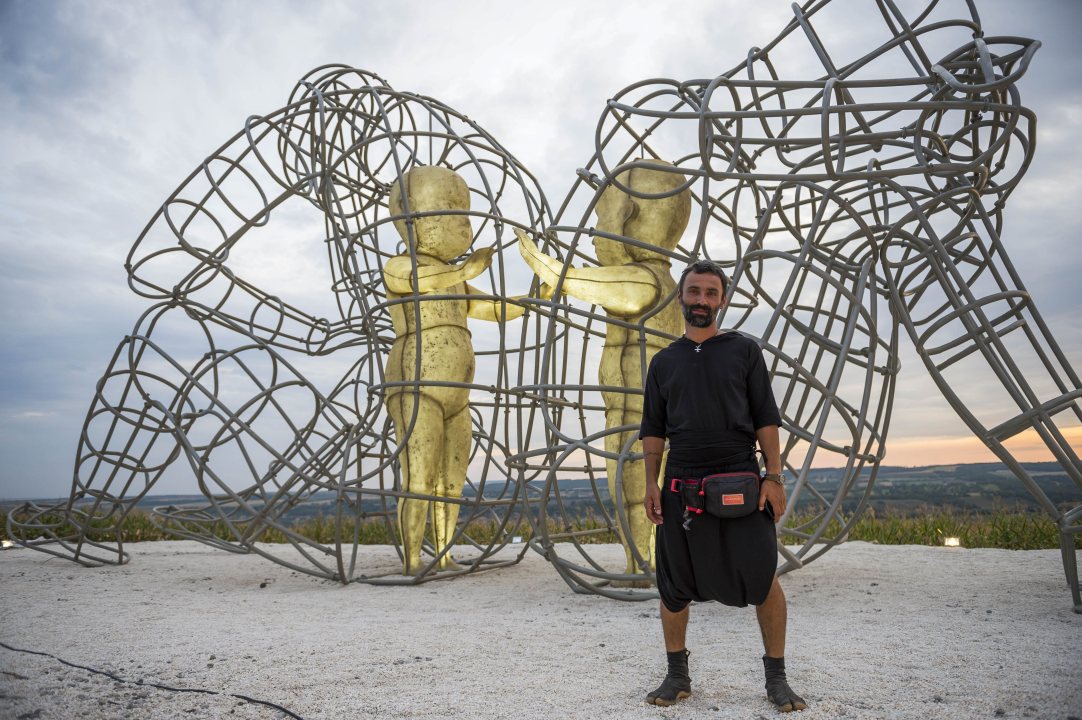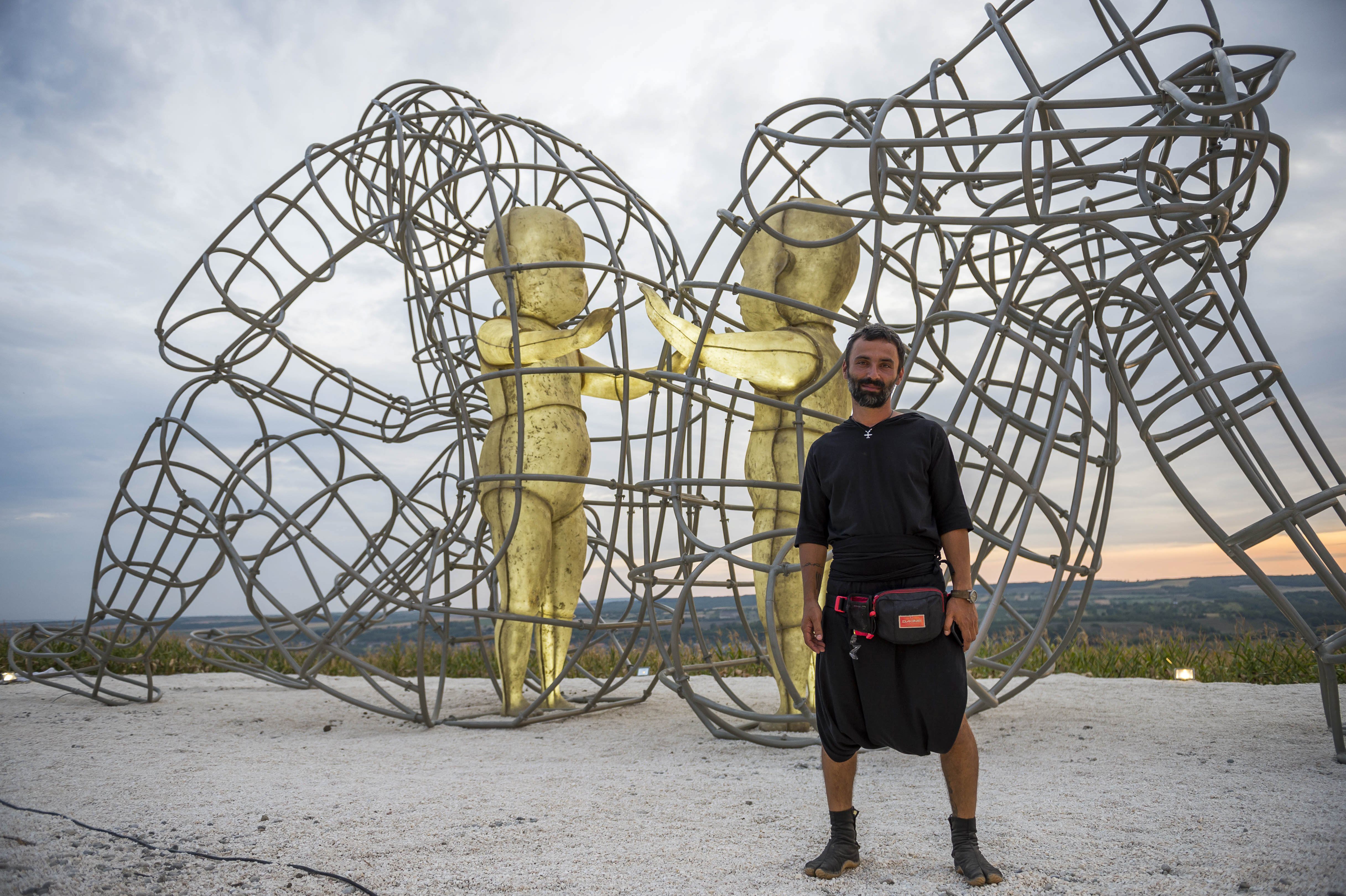Every day when my niece gets home from school she seems angry and frustrated. She wonders why we can’t do more to help the people in Ukraine. She is bewildered by video clips of children saying goodbye to their fathers who are staying behind to defend their country. Since the shocking news of the invasion broke, she has joined her school politics group and wants to learn more about the conflict, why it is happening, and what can be done. She is aware of the contrast between her sheltered life and those less fortunate. I asked her mum (my sister) how she parents in this situation. Her greatest concern is how to preserve her daughter’s innocence when she’s so well informed. ‘Everything is out there, you can’t just hide from it.’ It’s important not to gloss over the realities of war but children also need to be assured that they are safe.
We’ve gone straight from a two-year pandemic into watching the crisis in Ukraine. This is causing anxiety and fear for everyone, but I think it’s even more concerning for children’s sense of stability. There is a sense of powerlessness when the horrors of what’s happening are so easily accessible online. Often, they see the news before their parents do.
With twelve nieces and nephews, I see how curious children are. They devour information and want to learn, but aren’t as equipped to process and make sense of it all. I have felt uneasy in recent weeks knowing that people’s worlds are being torn apart at the other end of the continent, whilst life continues as normal here. Children don’t miss this discrepancy; since they don’t have the past as an anchor the notion of war can feel all the more overwhelming.
Every generation faces shocks and terrible events. The Ukraine crisis has in particular brought this home to me. Is it because I have reached an age, 33, when I have woken up to realities or is it because we all seem to feel a special empathy for the people there?
One letter that has been circulating is by Robert Gillespie, (former head of banking at UBS) addressed to his daughters. They’re worried and he tries to answer the question, ‘how does this all play out?’ He calmly lays out the importance of facts and historical precedents. Although the future is never certain, he suggests that they should use knowledge of the past to put the current crisis into a historical perspective.
This week I was reminded of one of my favourite pieces of art by the Ukrainian artist Alexander Milov. In 2015 he exhibited his beautiful sculpture, Love, at the The Burning Man festival. Two wire adults sit back to back, slumped in sadness and despondency. Within the wire there are two children reaching their hands out for each other. The child figures light up at night. This powerful representation of love in a time of darkness feels even more meaningful now.







Comments